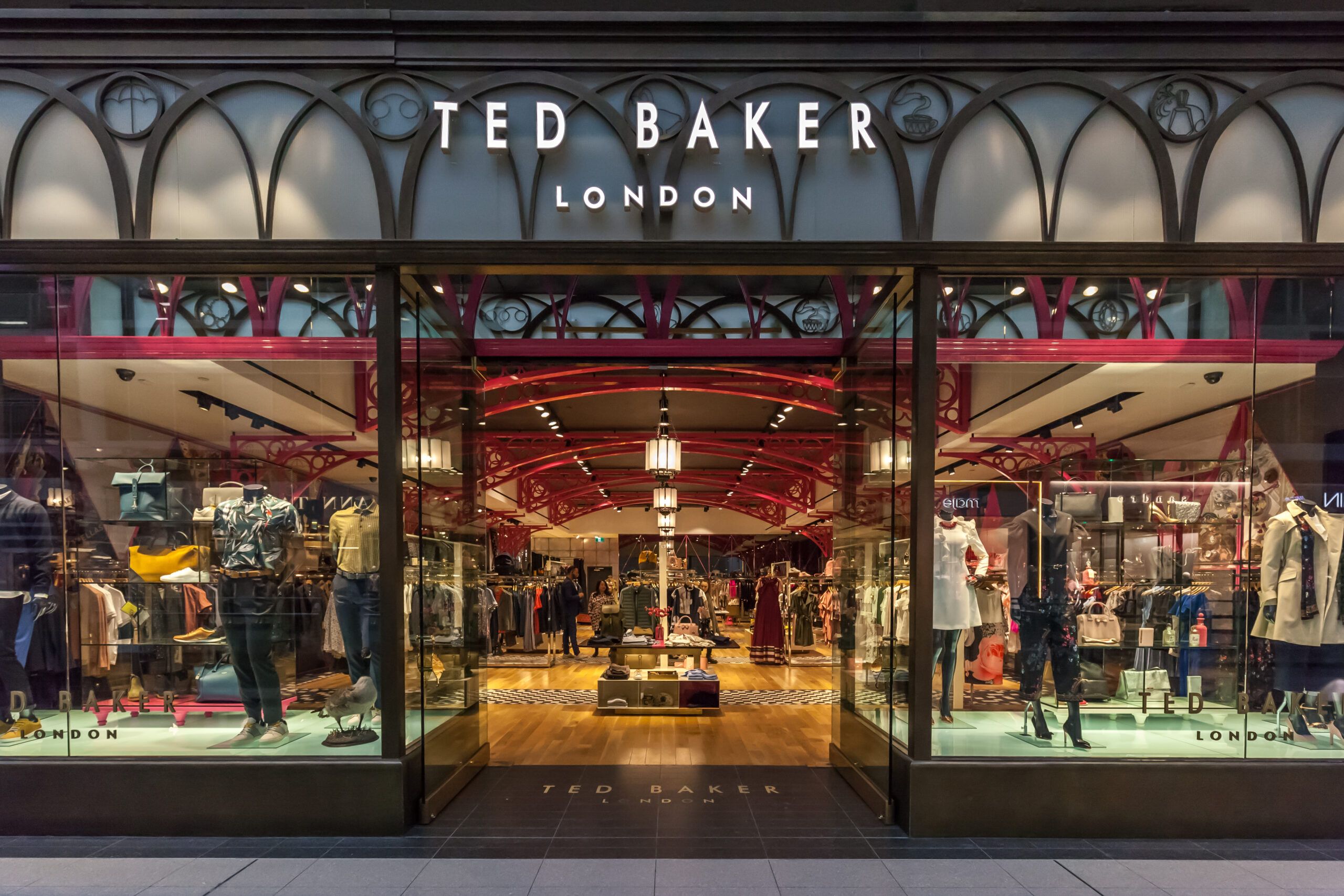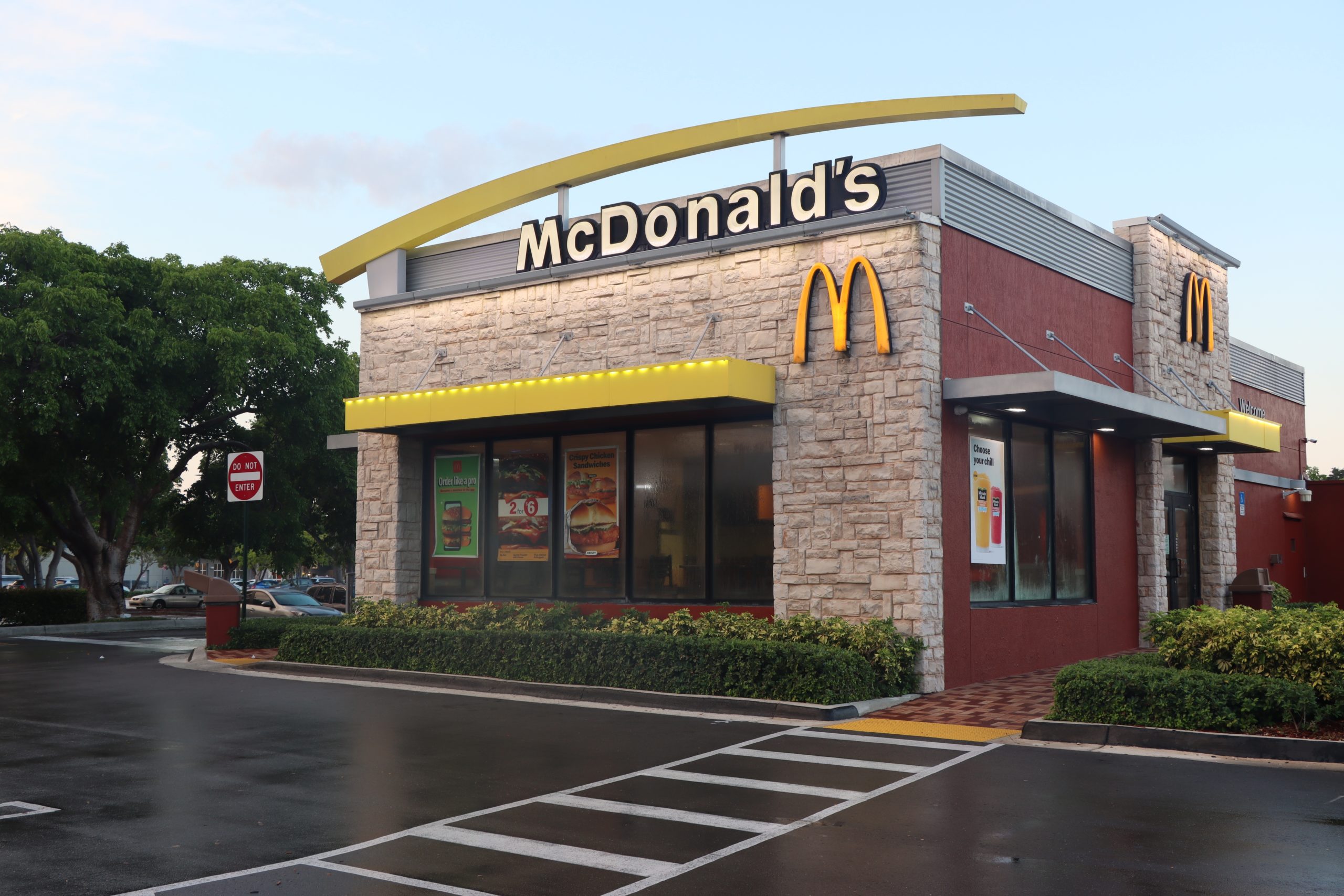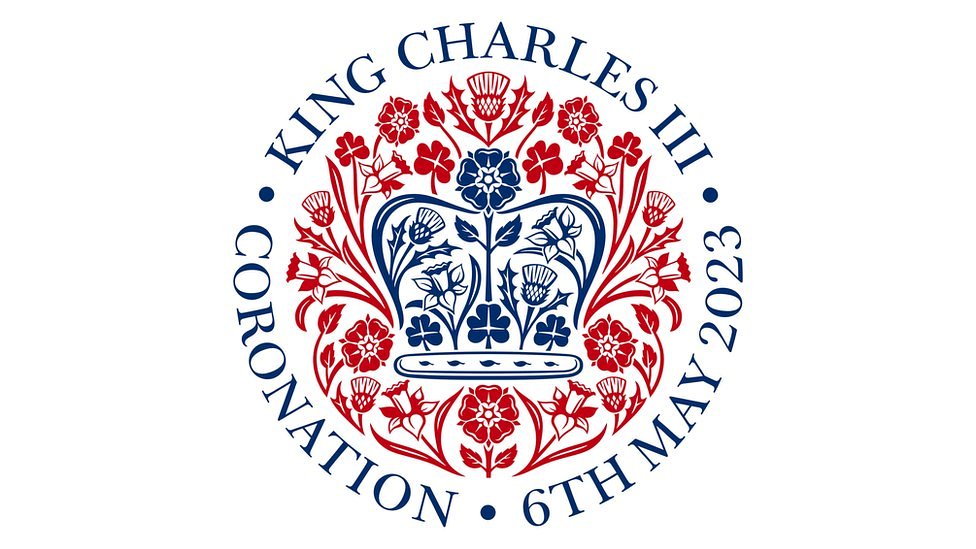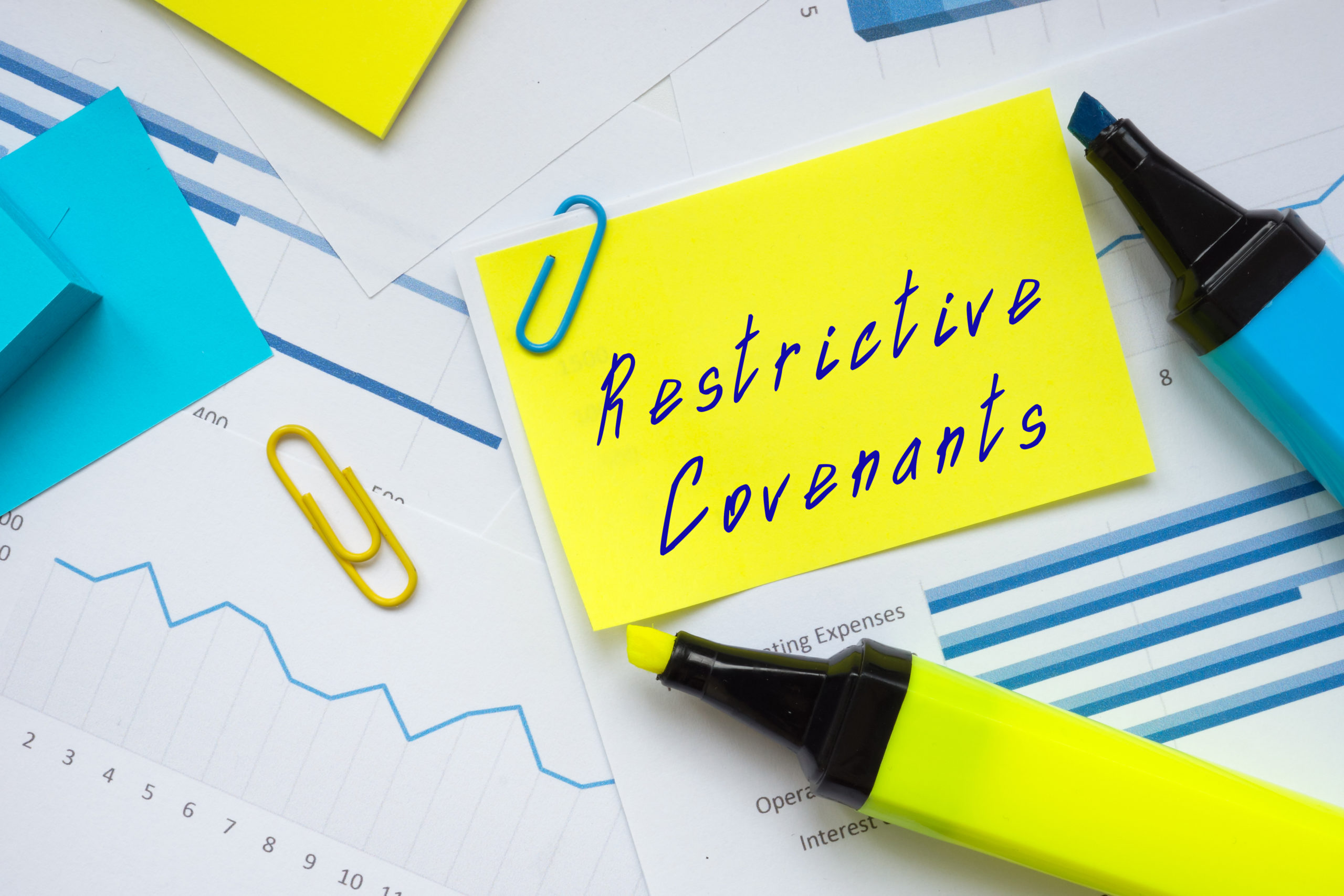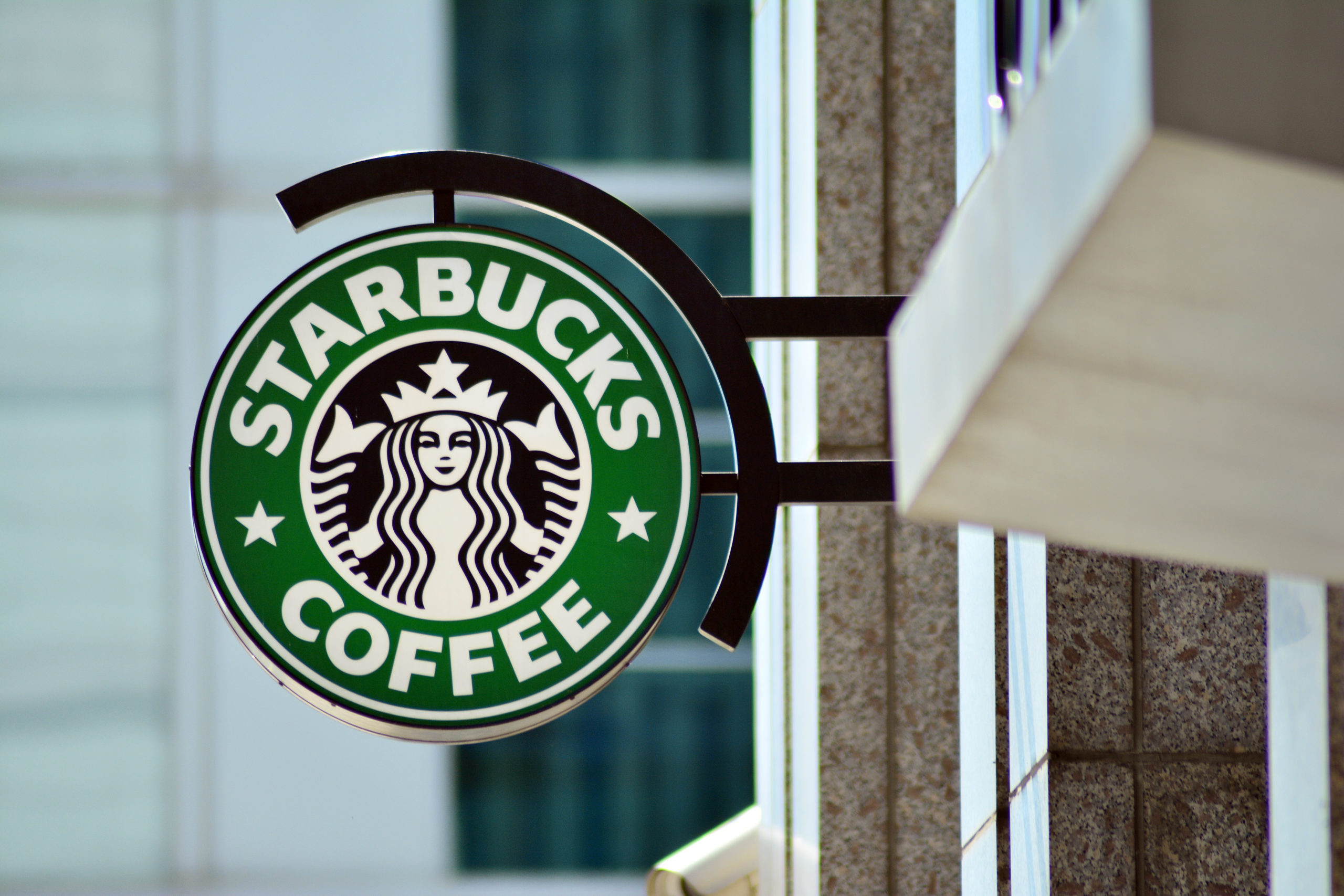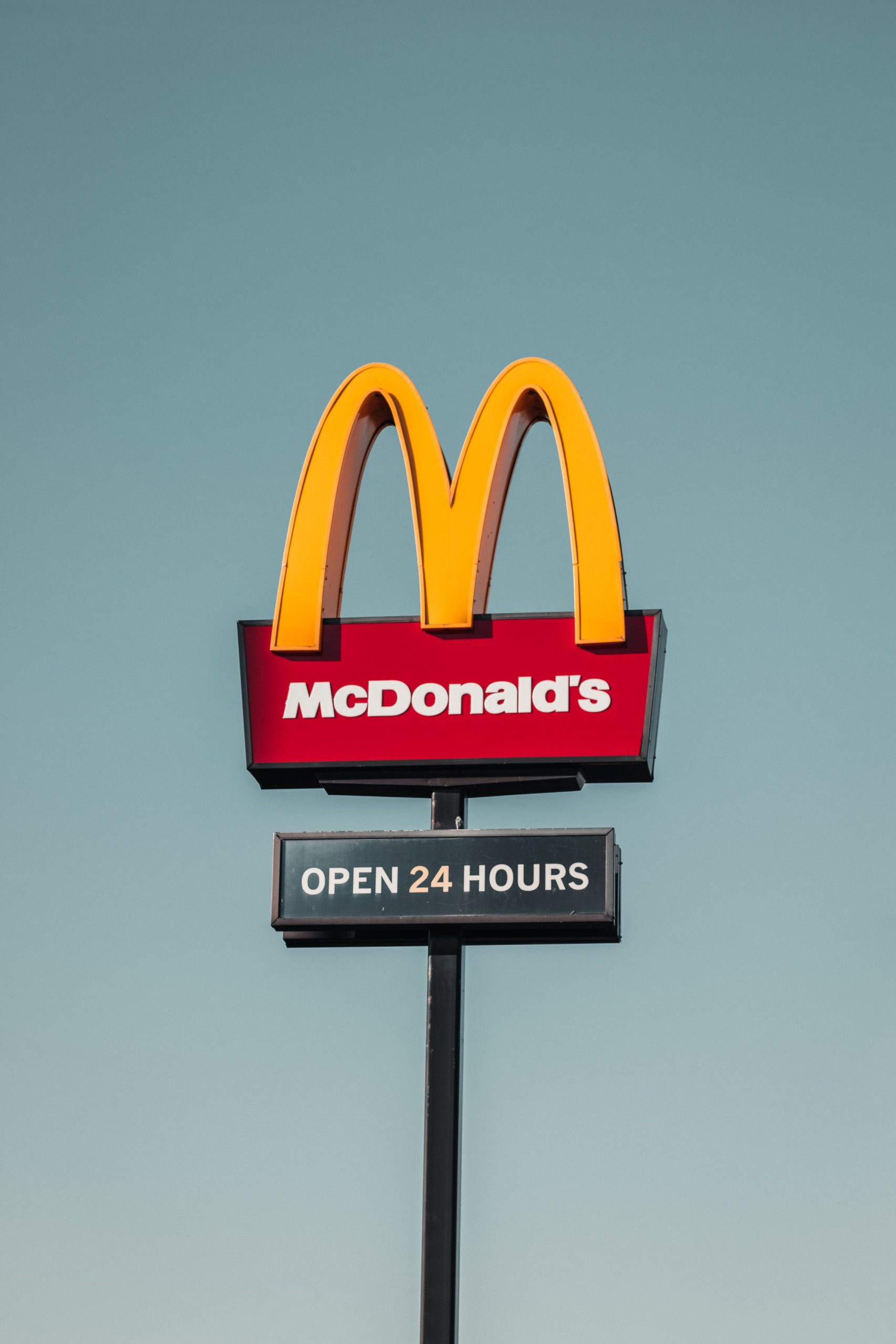Opportunists Beware – Increased Protection for Brands
Recent changes to the Companies Act 2006 relating to the Company Names Tribunal are expected to have a significant impact on companies and brands operating in the UK. Here, Eleanor Drury and Weronika Husejko look at the changes and what they mean for existing and future brands.
The Tribunal was established primarily to deal with disputes around company names, such as where a company registers a name which is similar to one already in existence, or where a company name is registered for the purpose of preventing say an existing brand from registering it.
The majority of complaints brought to the Tribunal go uncontested, meaning that brands are usually able to secure a name change by default, offering a more efficient and affordable avenue for businesses to enforce their intellectual property rights without the need for lengthy litigation.
There are of course also instances where the application is contested. An interesting example of this was the Coca-Cola v Coke Cola dispute. The famous Coca-Cola applied to the Tribunal, arguing that a company that had been set up with the name “Coke Cola Limited” was opportunistic and misleading to members of the public. The Tribunal ordered the company to change its name and to pay £700 to Coca Cola.
The recent changes to the law are designed to provide existing brands with more protection in these types of circumstances, whereby an opportunist may register a company with a name which is similar to that of a popular or up and coming brand, in an aim to sell it to that brand owner for a significant sum.
These changes are as follows-
Location of the consumers
When comparing the similarity between the brand name and the company’s registered name, the Tribunal will now consider whether it would mislead consumers in any location. Previously this only applied to those in the UK.
Shareholders or directors at the time of name registration
Those shareholders and directors who register the company name in question can now be held responsible regardless of whether they subsequently resigned or transferred their shares.
Defences for companies
Companies can no longer use certain defences in respect of a challenge against their registered company name. The company could previously argue that they were already operating under the name or that they were proposing to and had incurred substantial start-up costs.
Another perhaps surprising defence that can no longer be used by the company is that it was formerly operating under the name and is now dormant.
If you are looking to set up a company or to change your current registered name, it is important to bare these issues in mind when doing so, particularly to reduce the likelihood of any problems in the future.
It is hoped that this reform will also discourage opportunists and thereby reduce the need for any costly litigation for brands moving forward.
[This blog is intended to give general information only and is not intended to apply to specific circumstances. The contents of this blog should not be regarded as legal advice and should not be relied upon as such. All liability is excluded Readers are advised to seek specific legal advice.]




